
New World Screwworm Update
While NWS has been eradicated from the United States for decades, recent detections in Mexico as far north as Oaxaca and Veracruz, about 700 miles away from the U. S. border, led to the immediate suspension of live cattle, horse and bison imports through U. S. ports of entry along the southern border on May […]
EIA Outbreak Kills 21 Horses in Southwest US
June 17, 2025 Comments Off on EIA Outbreak Kills 21 Horses in Southwest US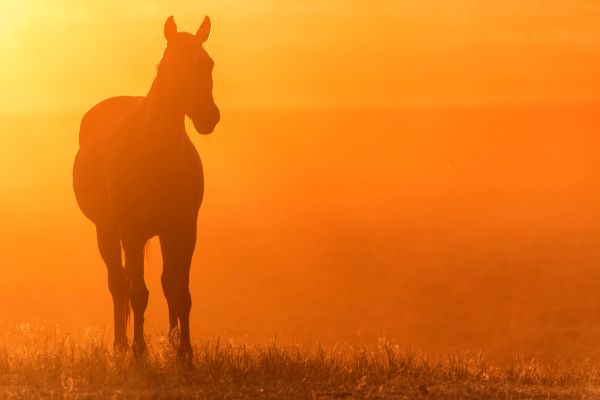
A multistate outbreak of equine infectious anemia, likely spread through iatrogenic transmission, has resulted in the deaths of 21 horses in the past year. June 13, 2025, American Veterinary Medical Association News: A multistate outbreak of equine infectious anemia (EIA) has resulted in the deaths of nearly two dozen horses. A U.S. Department […]
Continue reading …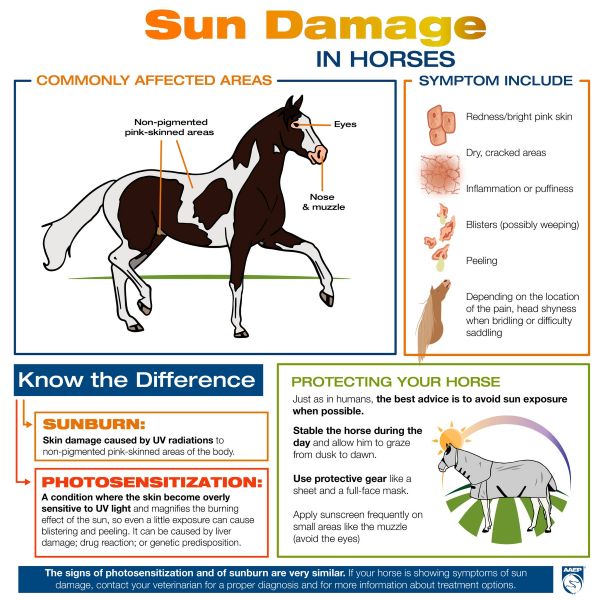
From the American Association of Equine Practitioners: As the temperatures rise and the sun stays out longer, make sure your equine friends are adequately protected from harmful UV rays. Hot summer weather puts horses at risk not only for dehydration and heat stress but also the skin damage and discomfort that accompany a sunburn— […]
Continue reading …Osteoarthritis Pain in Horses Controlled by CBD and Related Products
June 6, 2025 Comments Off on Osteoarthritis Pain in Horses Controlled by CBD and Related Products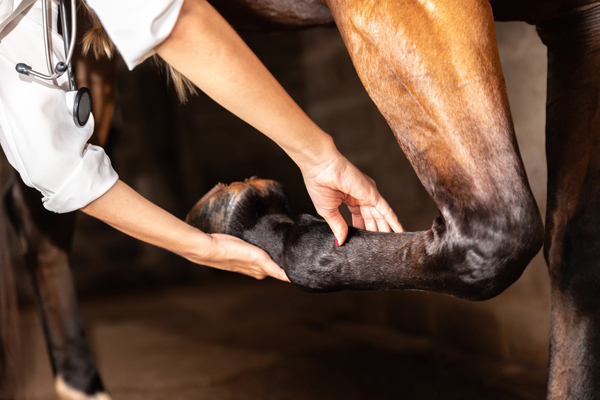
By Kentucky Equine Research Staff: A new study found that CBD and two of its derivatives decreased pain scores and improved inflammation in horses with chronic osteoarthritis.* In the study, 24 horses diagnosed with chronic osteoarthritis localized to one or more joints were supplemented with either CBDA or a combination of CBG/CBD once daily for 14 […]
Continue reading …“Scoping Stress” Should Not Deter Owners from Gastric Ulcer Diagnostics
June 3, 2025 Comments Off on “Scoping Stress” Should Not Deter Owners from Gastric Ulcer Diagnostics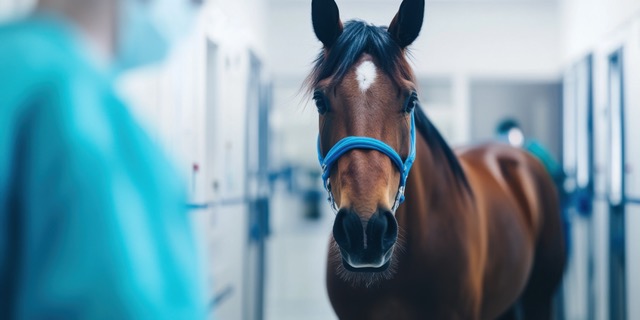
From KER: Gastroscopy allows veterinarians to directly visualize the surface of the stomach lining. This is the only way that horses can be definitively diagnosed with ulcers, and the only way to reliably assess response to treatment. Some owners are hesitant to “scope” their horses, believing it is too stressful, but recent research should allay these worries.* […]
Continue reading …Update on USDA Efforts to Fight New World Screwworm in Mexico
May 28, 2025 Comments Off on Update on USDA Efforts to Fight New World Screwworm in Mexico
(Washington, D.C., May 27, 2025) – U.S. Secretary of Agriculture Brooke L. Rollins today provided an update on the U.S. Department of Agriculture’s (USDA) ongoing partnership with Mexico to combat the New World Screwworm (NWS). This afternoon, Secretary Rollins held a call with her counterpart in Mexico, Secretary Berdegue, to discuss the ongoing threat of […]
Continue reading …Wireless Device That Measures Gastric pH May Help Treat EGUS
May 27, 2025 Comments Off on Wireless Device That Measures Gastric pH May Help Treat EGUS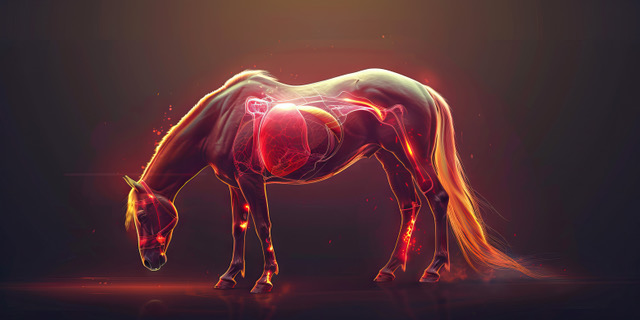
By KER: Small, peanut-sized wireless devices fixed to the inner lining of a horse’s stomach can transmit real-time pH measurements of the gastric environment. Being able to continuously measure the pH of the stomach contents will help improve treatment strategies for horses with equine gastric ulcer syndrome (EGUS). Ulcers can develop in either the glandular (lower) or squamous […]
Continue reading …Understanding the Use of Nanotechnology in Horse Supplements
May 14, 2025 Comments Off on Understanding the Use of Nanotechnology in Horse Supplements
From Kentucky Equine Research: Have you reached for a supplement bottle lately and found the prefix “nano-” in the description or ingredient list? Did you wonder what it meant and whether it conferred a true advantage? As it turns out, nanotechnology provides great benefits. Nanotechnology refers to the branch of science devoted to manipulating atoms […]
Continue reading …Secretary Rollins Suspends Live Animal Imports Through Ports of Entry Along Southern Border, Effective Immediately
May 12, 2025 Comments Off on Secretary Rollins Suspends Live Animal Imports Through Ports of Entry Along Southern Border, Effective Immediately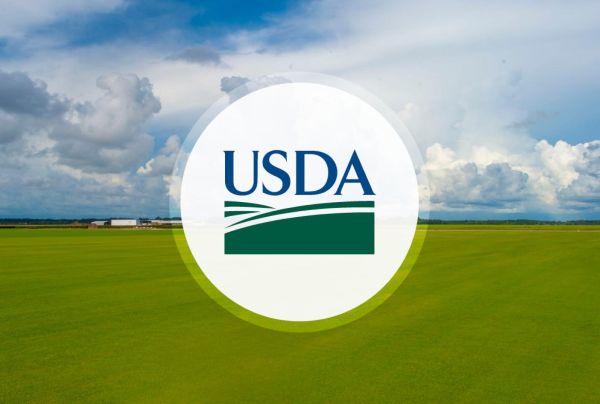
U.S. Department of Agriculture, Animal and Plant Health Inspection Service Secretary Rollins Suspends Live Animal Imports Through Ports of Entry Along Southern Border, Effective Immediately (Washington, D.C., May 11, 2025) – U.S. Secretary of Agriculture Brooke L. Rollins today announced the suspension of live cattle, horse, and bison imports through U.S. ports of entry along […]
Continue reading …Be Pro-active Rather than Reactive with Biosecurity
May 7, 2025 Comments Off on Be Pro-active Rather than Reactive with Biosecurity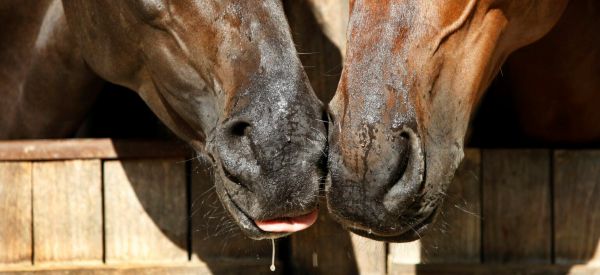
Visit Equine Guelph’s free tool at Biosecurity TheHorsePortal.com/BiosecurityTool. By Jackie Bellamy-Zions, Equine Guelph -Guelph, ON – May-5-2025. “In the equine industry, true biosecurity is hard to achieve because horses move around a lot, and many diseases are always present,” says Ontario Veterinary College infectious disease specialist Dr. Scott Weese. “However, it’s still important to try to prevent diseases from […]
Continue reading …







